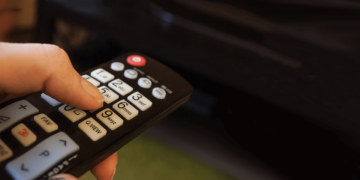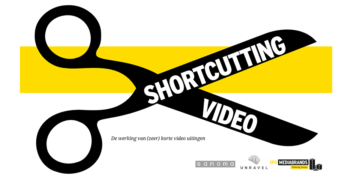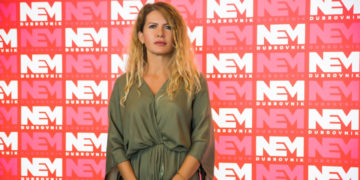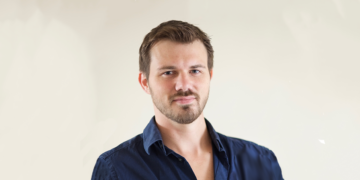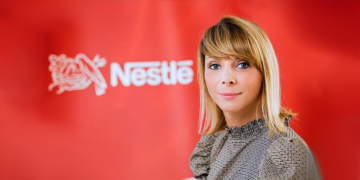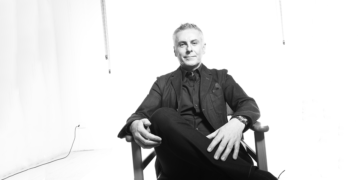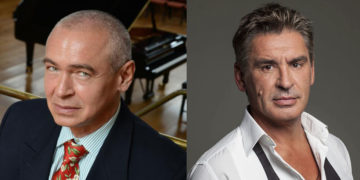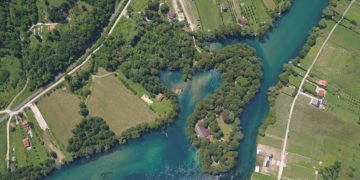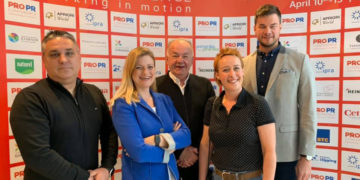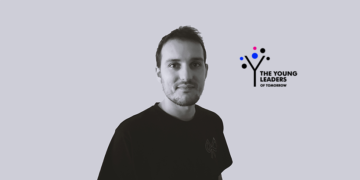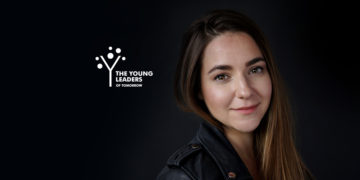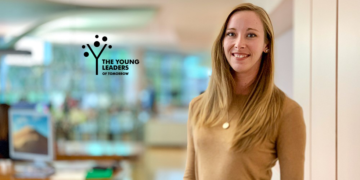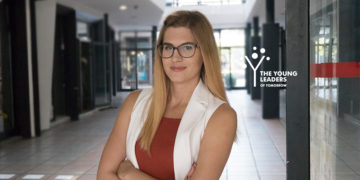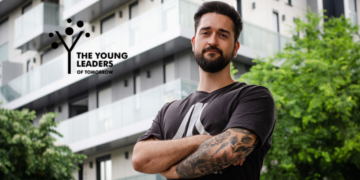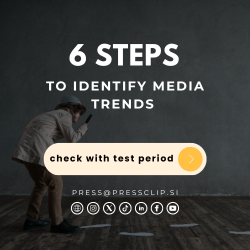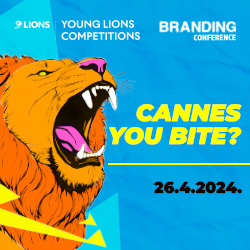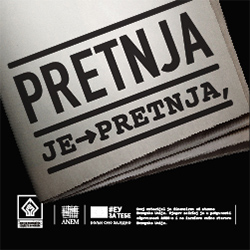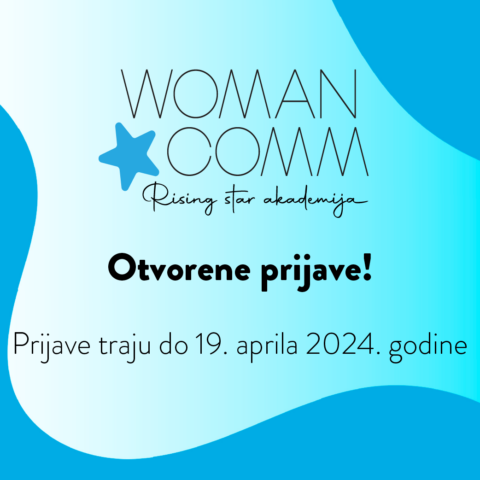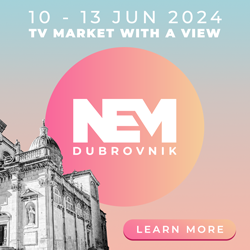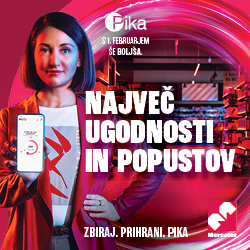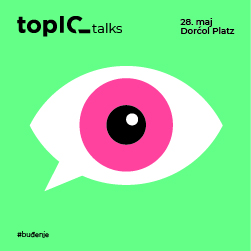Drugi jezik na kojem je dostupan ovaj članak: Bosnian
Source: Adweek
Unless you happen to be a company like GE, Coca-Cola or McDonald’s—a brand that can afford the reported $100 million to $200 million it costs to be an official Olympic sponsor—you’d better not mention the Rio games in your marketing.
As social-savvy marketers have quickly learned, the U.S. Olympic Committee has ironclad regulations, backed by U.S. trademark law, that restrain nonsponsoring brands from saying anything even vaguely evocative of the Olympics. A casual mention of Rio on Facebook? A congratulatory tweet to a gold medalist? Even tweeting the term “gold medal”? Don’t do it.
But have you ever wondered how those rules got so ridiculously tight?
The IOC has zealously guarded its trademarks for decades, of course, but if there was one tipping point, it happened 20 years ago, during the 1996 Summer Olympics in Atlanta. And on July 29, 1996, two pieces of history were made—the athletic kind and the marketing kind.
That afternoon, sprinter Michael Johnson took the gold in the 400-meter dash, with a pair of gold-colored shoes on his feet—a $30,000 pair of lightweight racing spikes given to Johnson by Nike. Not only did millions of TV viewers see those Nike shoes on their screens, millions of Americans saw those same shoes slung around Johnson’s neck a few days later on the cover of Time.
It was hard to imagine a more successful piece of marketing for any Olympic sponsor. Except for one little problem: Nike wasn’t an Olympic sponsor. Instead of paying for an official sponsorship, Nike decided it could get its brand into the 1996 games in other ways—and Johnson’s gold shoes were just the beginning.
The brand opened an outsized “Nike Centre” right beside the athletes’ village. Nike also distributed flags to fans, guaranteeing that its swoosh logo would be in full view all over the property.
Such tactics infuriated Reebok, which had ponied up a reported $50 million to become an official sponsor, and had a similar effect on Olympic officials.
What’s more, according to veteran sports marketer and Columbia University professor Joe Favorito, Nike’s marketing shenanigans were largely responsible for Olympic officials taking a hard line on nonsponsoring brands getting anywhere near the Olympics in their marketing.
What Nike did in Atlanta 20 years ago, Favorito said, “directly resulted in the much more stringent guidelines that both the IOC and the USOC have out there today. Anyone who goes over the line will be pushed back.”
But even though Nike did manage to get lots of cheap media exposure from its ambush marketing, the brand didn’t exactly come out of Atlanta a winner.
Nike’s marketing had a distinctly abrasive edge to it. For example, the brand’s magazine ads blared: “If you’re not here to win, you’re a tourist.” Nike also bought billboards space all over Atlanta to announce: “You don’t win silver, you lose gold.”
To some members of the public, such talk ran contrary to the spirit of good sportsmanship. Those people included many of the athletes and, of course, the USOC itself. Michael Payne was the marketing coordinator for the Olympics that year. As Payne recounts in his 2012 book Olympic Turnaround: “Athletes, who had devoted their life [sic] to training and just getting to the Olympics, were angry at being positioned as ‘failures.’ … We weren’t going to sit back and let Nike’s ambush marketing undermine and trash the very spirit and essence of the Olympic ideal.”
By Payne’s account, the USOC was prepared to round up a bunch of silver medalists to speak out against Nike publicly, and drew the brand into a closed-door meeting that nearly came to physical blows. Nike softened its tactics, Payne suggests, after realizing that its “campaign was backfiring” and by the time the 2000 Summer Olympics in Sydney came around, the brand “showed it was an Olympic convert” by becoming an official sponsor.
According to Po Yi, an advertising attorney with the New York firm of Venable LLP, “Nike realized that, after the IOC tightened the rules, they could no longer do ambush marketing.”

